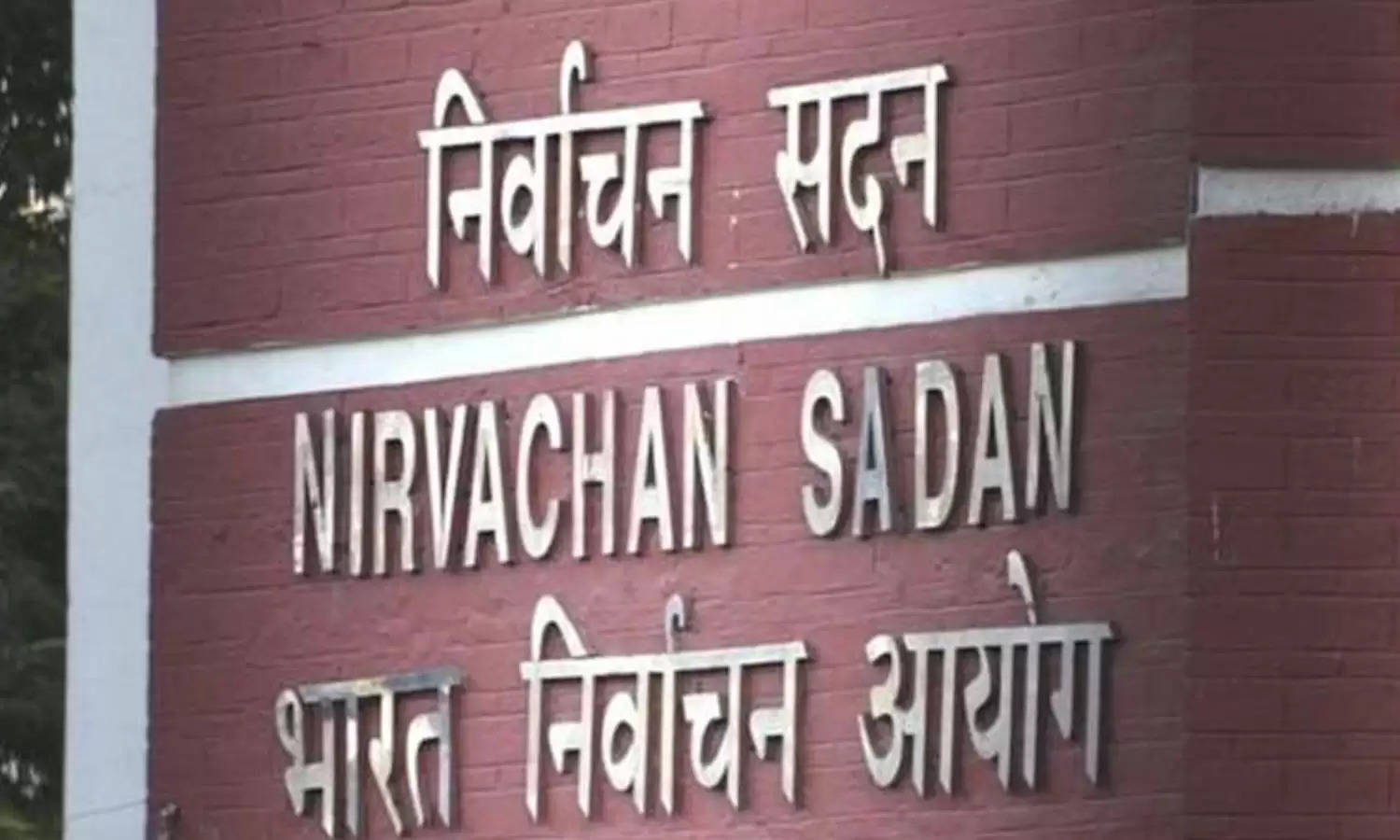PM KUSUM Scheme: Empowering Indian Farmers with Solar Energy and Sustainable Farming

PM KUSUM (Pradhan Mantri Kisan Urja Suraksha and Utthan Mahabhiyan) scheme aims to ensure energy security for farmers in India, as well as India’s commitment to increase the share of installed capacity of electricity from non-fossil fuel sources to 40%. Have to respect.
The challenges faced by farmers under the scheme have also been mentioned. The first challenge in this is not getting cheap electricity and the second challenge is that farmers are forced to choose bigger pumps compared to the land. Another challenge is the centralization of planning across states.
Urja Suraksha Yojana Deadline
PM Kusum Yojana launched to promote solar energy in the agricultural sector in the country, could not reach the farmers on a large scale.
According to a report, the deadline of the scheme is about to end in 2026 and till now only 30 percent of its target has been achieved. The report mentions several major improvements in the scheme.
Science and Environment
The Pradhan Mantri Kisan Urja Suraksha and Utthan Mahabhiyan (PM KUSUM) scheme, launched in 2019, aims to encourage farmers to do farming based on solar energy, make farming sustainable and reduce farmers’ dependence on traditional energy sources.
Think tank Center for Science and Environment (CSE) conducted a survey in Haryana, Punjab, Rajasthan, and Chhattisgarh regarding the scheme.
The results of this survey found that even after five years of implementation, the scheme has been able to achieve only 30 percent of the target.
Pradhan Mantri Kisan Urja Suraksha Yojana
Program Director of Industrial Pollution and Renewable Energy that the impact of climate change is increasing in the country. In such a situation, investing in solar energy is very important.
Its use is especially necessary in the agricultural sector. He said that if implemented with care and precision, schemes like PM KUSUM can advance India’s climate action efforts.
Progress
The scheme is divided into three parts. These include setting up mini-grids on unused land in Category A, converting diesel pumps into solar energy pumps in Category B, and setting up mini-grids by converting Category C electric pumps into on-grid pumps.
The CSE report said that most of the work has been done in Category B. In this, states like Haryana, Rajasthan, Maharashtra, and Uttar Pradesh are ahead. While no progress was seen in Category A and Category.
Pradhan Mantri Kisan Centralization Of Planning
The challenges faced by farmers have also been mentioned. The first challenge in this is not getting cheap electricity and the second challenge is that farmers are forced to choose bigger pumps compared to the land.
Another challenge is the centralization of planning across states. The implementation of the scheme in Punjab is overseen by the Punjab Renewable Energy Development Agency, while Rajasthan has a separate agency for each category, the report said.






